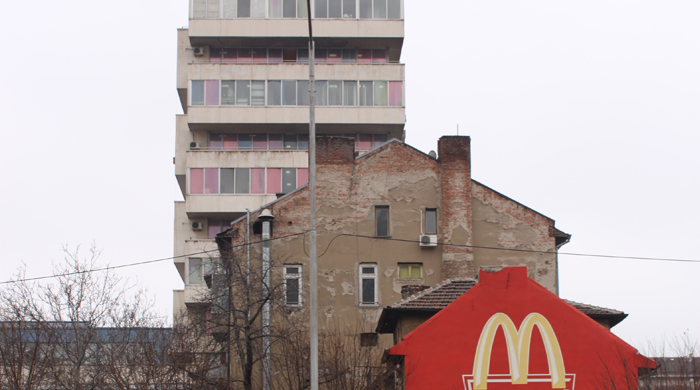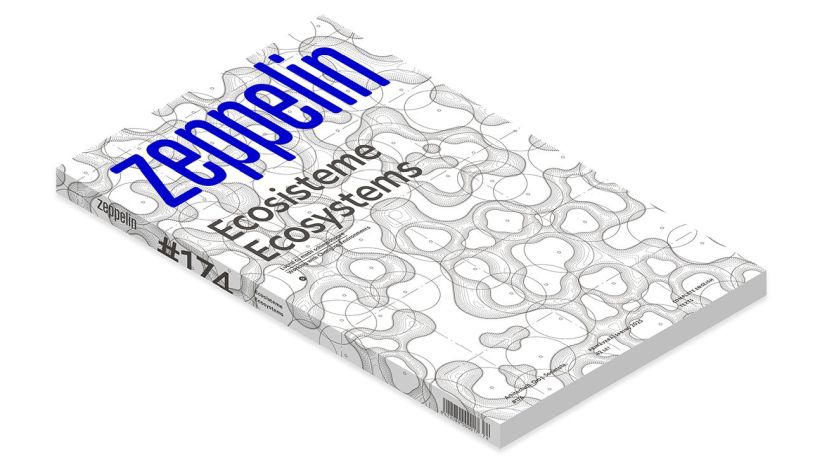Urban Report was an inter-cultural research project dedicated to urban, social and architectural developments in four countries: Romania, Bulgaria, Hungary and Serbia. Initiated in 2010 by Zeppelin magazine, using ICR (Romanian Cultural Institute) programme Cantemir, Urban Report brought together teachers, independent researchers and practitioners belonging to independent organizations and academic institutions in Central and South-Eastern Europe.
Starting from common trends behind simultaneous urban transformations in the four countries included, the project represented a new model of professional collaboration, in order to analyse and predict, as much as possible, the architectural and urban impact of political, economic and social changes that occurred in the transition period after the year 1989.
In 2011, Urban Report materialized in an online collaborative platform, three print and online publications and three DVDs, as well as several conferences and seminars. Editorial content, research and video are all available on urbanreport.ro.
Volume #1 – The Poetics of Ongoing Transition – addressed themes and clichés specific to societies emerged from the communist bloc: situations and fantasies that have enabled the chaotic development in the past 20 years; the presence and consequences of a symbolic communist fable on the one hand, and the birth of a capitalist culture, on the other; the emergence of modernity and modernization, causing equally good things and chaos, ugliness and corruption.
Volume #2 – Self-Regulated Conditions of Urbanity – tackled one of the most sensitive issues of post-socialism: the abandonment of any community-oriented urban management. This phenomenon is accompanied by an explosion of individuality as a form of expression of freedom. New forms of manifestation occur in urbanism and architecture: the suburbs, the outskirts, the lack of control over development, the disappearance of political interest in public space.
Pioneers of Emerging Practices, Urban Report Volume #3, discussed the evolution of the architectural practice and of urban planning in the context described above, from the point of view of professionals and their ability to correct or reformulate a social and political project. We examined who they are and how they act in professional groups, about the way they represent themselves and their identity, about the globalization of production and creativity resources, about designs, costs and risks.
Between 2012 and 2014, we built a new phase of the project, this time as a regular column in Zeppelin magazine, with the support of ERSTE Stiftung, under the EE-lab programme. The section was about independent initiatives, social urbanism and architecture. The articles explored new forms of action and intervention, from urban gardening, artistic micro-interventions and cultural street manifestations, to a civil society struggling with abusive urbanism projects. Individualities coagulate in communities able to identify problems, to find solutions, and, in the process, to define a new type of practice.
In 2013, there was Urban Report #4, a print and online publication containing a selection of articles from the magazine section.
Urban Report Team(2010 -2011):
Ivan Kucina, Todor Atanasov, Peter Torniov, Miklós Péterffy, Samu Szemerey, Ştefan Ghenciulescu, Cosmina Goagea, Constantin Goagea
Partner institutions:
BINA, SAW, ZEPPELIN, KEK, Transformatori
Project funded by:
Romanian Cultural Institute through Cantemir Programme
Order of Architects in Romania
National Cultural Fund Administration
Urban Report 2012-2014 (in Zeppelin magazine), Urban Report #4 (selected articles):
Project supported by ERSTE Stiftung under EE-lab programme.


